How CERN helps test Intel's tech
The LHC is set to get switched on, but experiments of another kind of continued for the past year, as CERN's openlab trials Intel chips.

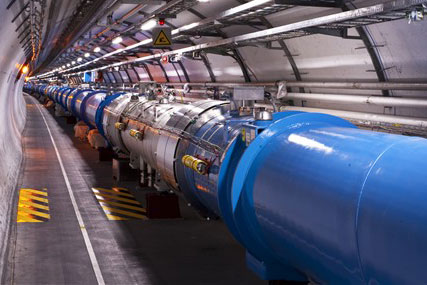
The particle beams are set to start whipping their way around the 27 kilometre track at CERN tomorrow, as the Large Hadron Collider starts up again after failing last year.
While it may be the biggest science project in the world, the six tests that make up the LHC aren't the only experiments happening at CERN.
The Geneva-based science lab also tests computers. All of its projects create a huge amount of data the LHC is set to churn out 15 petabytes a year so a huge amount of processing power is needed.
In order to stay on the cutting edge of technology, CERN's openlab computing centre tests pre-release chips from Intel, trying it out before the rest of the world gets a look.
Breaking things
The partnership started six years ago, when the ATLAS project first kicked off. Intel hands over early versions of its tech to CERN to let them play with it and make suggestions. All that data is then sent back to Intel, which tries to work improvements into the chips before they're released.
Speaking to journalists at CERN earlier this month, Wolfgang von Rueden, the head of openlab, explained his group's role. "You make it we break it. Not in the sense that we take a hammer to chips We push them to the limits."
Sign up today and you will receive a free copy of our Future Focus 2025 report - the leading guidance on AI, cybersecurity and other IT challenges as per 700+ senior executives
Sverre Jarp, chief technology officer (CTO) of openlab, added: "The LHC computing grid has to run on reliable, trusted evaluated mainstream technology. So we look at the fun stuff." "We're here to keep our finger on the pulse of IT it never stands still," he said. "Everything happens very very quickly and we want all that technology to go into the [CERN computing] grid, so it can be useful for our physicists."
Indeed, Jarp noted that openlab and CERN's computing power had actually benefited from the LHC delays. "We're the only ones who have profited from some of the delays from the LHC... today we're able to provide much more computing than 2005 or 2006."
Performance and efficiency
Performance, of course, is key. Jarp said his team wants to give CERN's physicists "n-times" more computing than they had when the lab was started. He said scientists were given "1000 times more computing... and they used every cycle of it." But it's not just about sheer compute power. CERN has a bit of a problem, in that it consumes an insane amount of energy, but it can't get more than 2.9MW into the building. "It's a bit nonsensical," Jarp said. "One thing that becomes very important in this whole equation is efficiency and we think we're only in the beginning of demand."
Intel's benefits
With all that in mind, Intel's marketing vice president Christian Morales said the past six years of the partnership have been a challenge but in a good way.
"They are always challenging us with better tech, more performance, more efficiency... they keep on wanting us to pull in the introduction of a new architecture, so we are always under tremendous challenge from them," he said.
Richard Curran, the head of Intel's enterprise division in Europe, told IT PRO that CERN's researchers will tell them where fail points and bottlenecks are, explaining which drivers and compilers could be improved to boost performance.
Freelance journalist Nicole Kobie first started writing for ITPro in 2007, with bylines in New Scientist, Wired, PC Pro and many more.
Nicole the author of a book about the history of technology, The Long History of the Future.
-
 Gaining timely insights with AI inferencing at the edge
Gaining timely insights with AI inferencing at the edgeWhitepaper Business differentiation in an AI-everywhere era
-
 Scaling AI from pilot to production: Maximize AI impact with HPE & Intel
Scaling AI from pilot to production: Maximize AI impact with HPE & IntelWhitepaper Transform AI proof-of-concepts into full-scale implementations
-
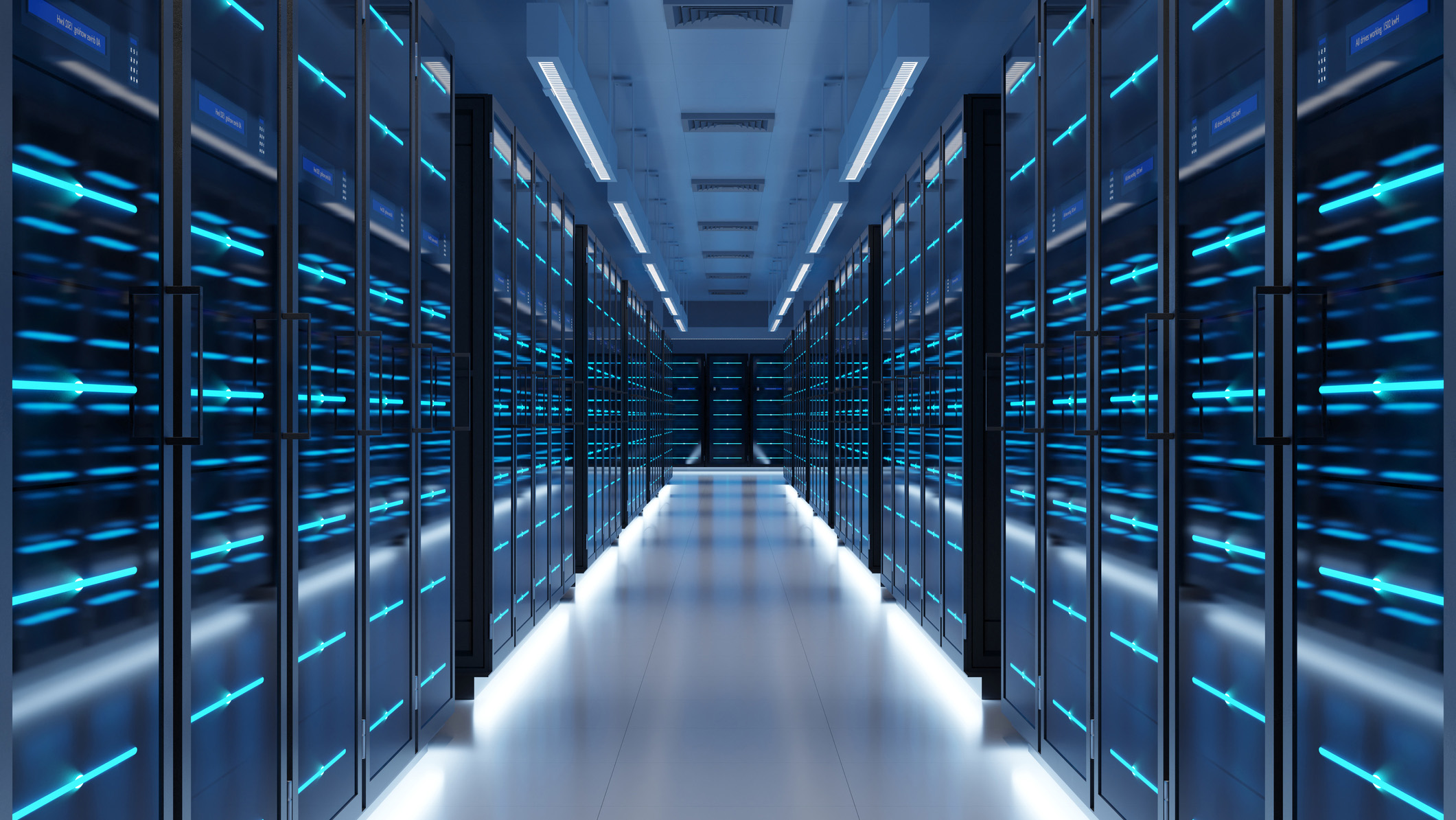 UK supercomputer boom as HPE and Dell receive funding for new AI cluster
UK supercomputer boom as HPE and Dell receive funding for new AI clusterNews The UK’s AI computing capabilities will increase by an order of magnitude in 2024
-
 AI gold rush continues as Hugging Face snags $235 million from IBM
AI gold rush continues as Hugging Face snags $235 million from IBMNews The investment round, which brings the company's valuation to $4.5 billion, also includes Amazon, Google, Intel, and Salesforce
-
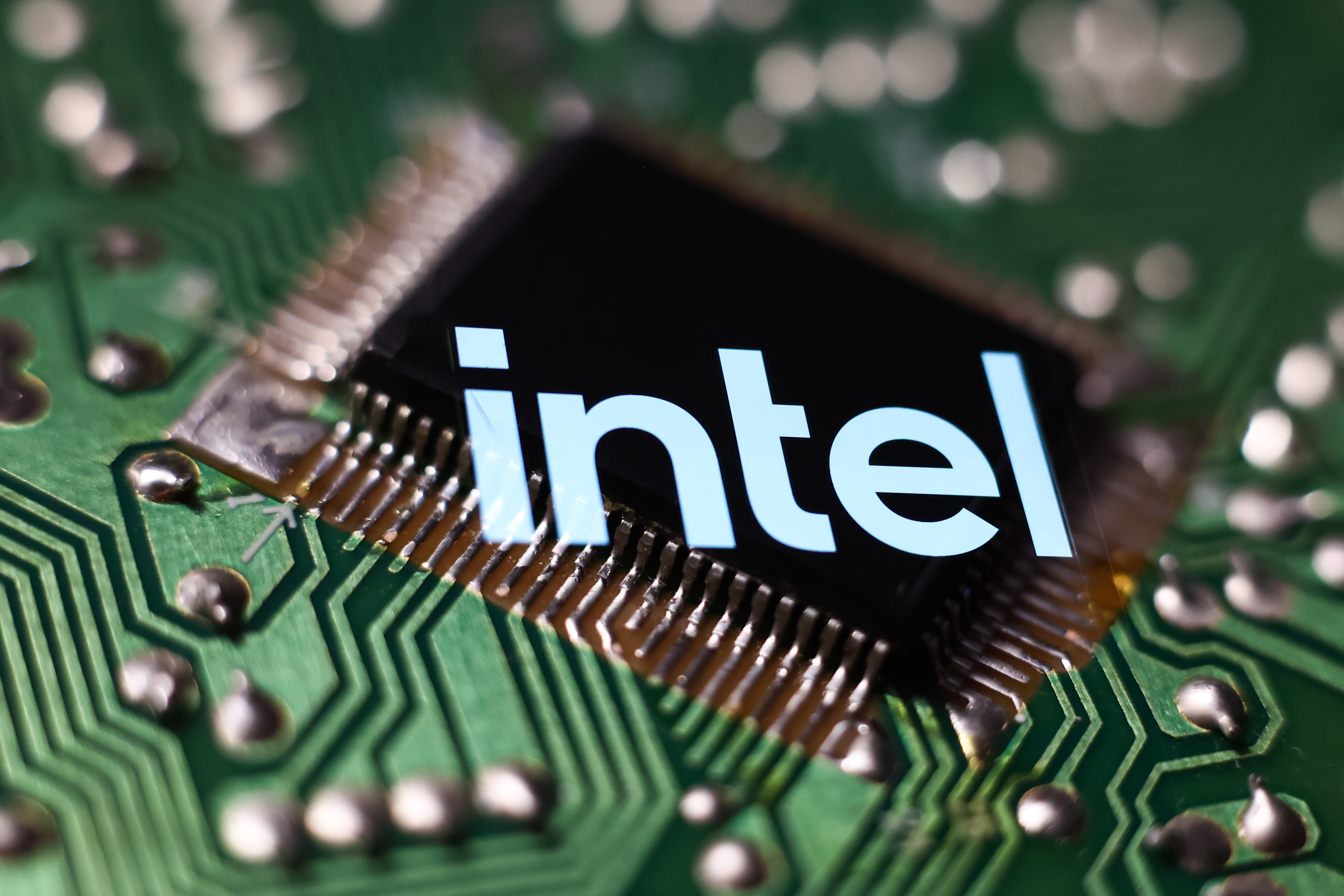 Why is ASUS reviving Intel’s NUC mini-PC line?
Why is ASUS reviving Intel’s NUC mini-PC line?News The diminutive PC is to rise again while analysts look for the business case
-
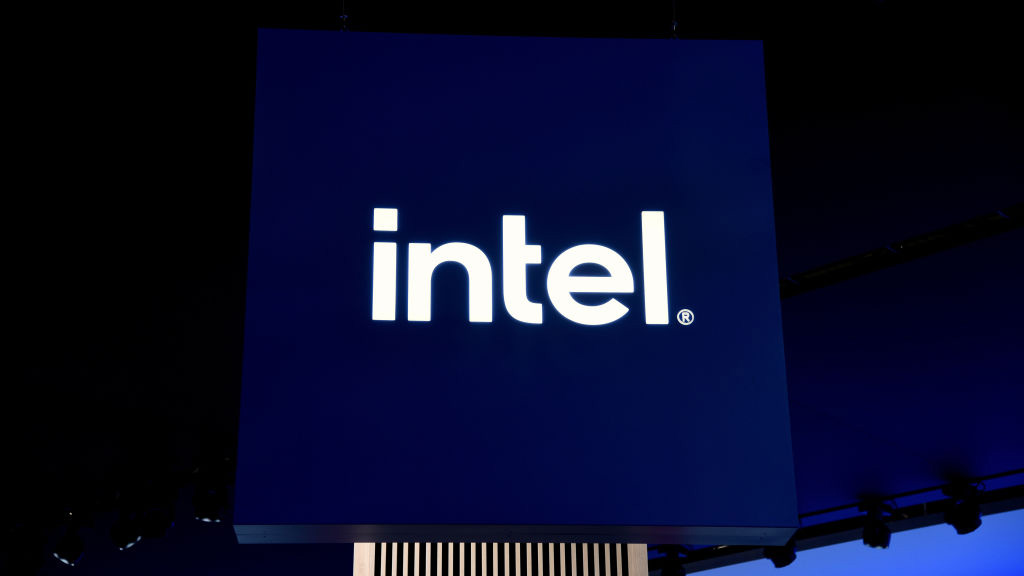 Intel targets AI hardware dominance by 2025
Intel targets AI hardware dominance by 2025News The chip giant's diverse range of CPUs, GPUs, and AI accelerators complement its commitment to an open AI ecosystem
-
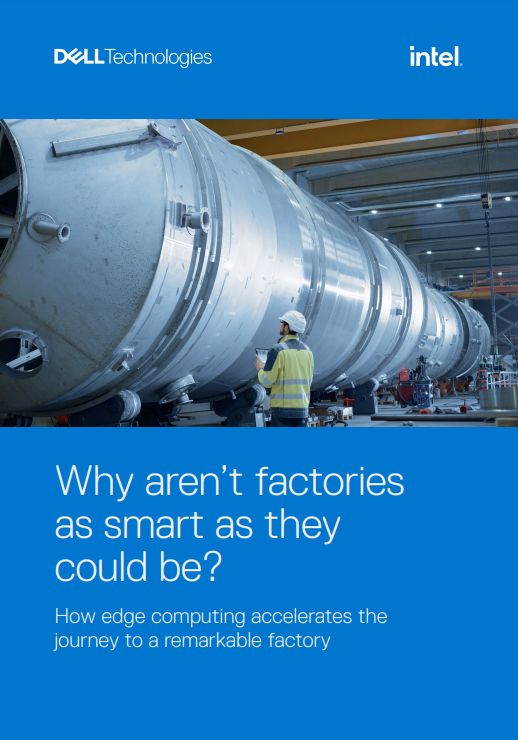 Why aren’t factories as smart as they could be?
Why aren’t factories as smart as they could be?Whitepaper How edge computing accelerates the journey to a remarkable factory
-
 Who needs Intel vPro®, An Intel® Evo™ Design, anyway?
Who needs Intel vPro®, An Intel® Evo™ Design, anyway?Sponsored With flexible work on the up, the demand for high performance on-the-go business laptops has never been greater


